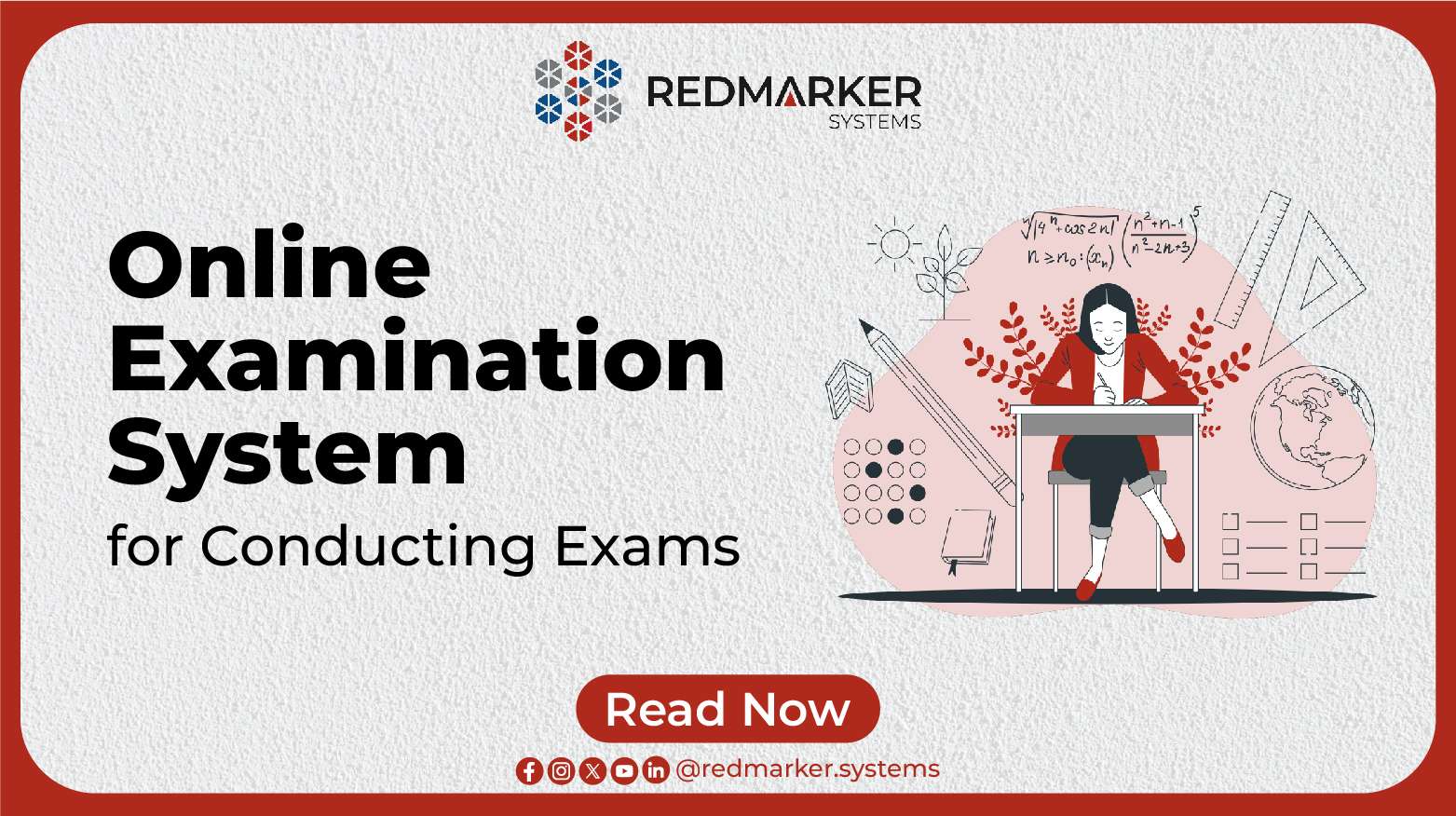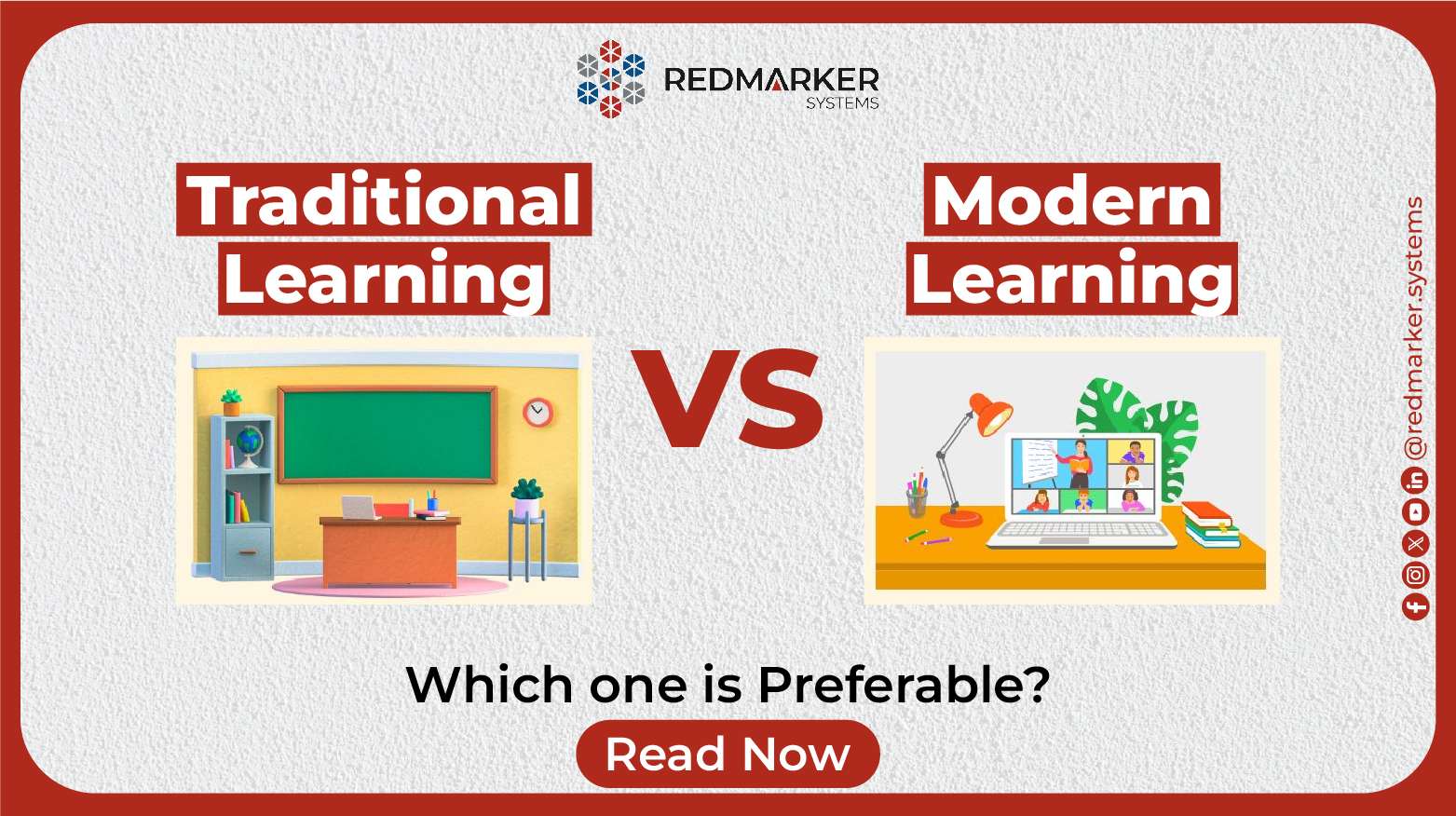As we entered 2023, the e-learning industry is all set to experience significant growth, becoming increasingly popular recently. The need for upgradation has always been there, but the Covid-19 pandemic has catalyzed a much-needed transition. The pandemic highlighted the importance of eLearning as a tool for continuous education and training. In 2023, we can expect to see exciting developments in the e-learning trends.
Moreover, the “anytime, anywhere” learning trend continued to gain momentum in 2022. People from different walks of life are discovering e-learning’s convenience and flexibility, allowing them to learn at their own pace and on their schedule.
As e-learning continues gaining traction as a recognized form of education, training experts anticipate that this trend will persist in the future. This article delves into the top ten e-learning trends predicted to impact the learning processes in 2023 and will shape the education sector’s future.
The Emerging E-learning Trends
We have explored the top ten e-learning trends that are here to revolutionize education. Let’s have a brief look at the innovative and impactful e-learning trends for 2023.
1- Artificial Intelligence
Artificial intelligence is one of the trendiest innovations shaping learning as a mainstream technology. Artificial intelligence (AI) is at the forefront of e-learning innovation and has become a mainstream technology. Its exceptional ability to personalize learning has made it an indispensable part of online education. AI plays a crucial role in collecting and analyzing learner data from various Learning Management System (LMS) platforms, including their skills, weaknesses, interests, and proficiency levels.
With AI’s help, users’ learning paths can be thoroughly understood and analyzed, enabling companies to interpret LMS data more accurately and make informed decisions in designing training programs. Major academic institutions and businesses are leveraging AI to create voice-enabled bots that streamline information searches, making it easier for learners to find the courses they need and enhance their overall learning experience.
In short, AI has revolutionized the way e-learning is perceived and delivered, and its impact is expected to grow exponentially in the coming years. As a result, it’s imperative for e-learning professionals to keep a close eye on the latest AI developments to stay ahead of the curve.
2- Gamification Pedagogy
The use of gaming pedagogy in teaching is growing in e-learning. Using gamification requires students to learn advanced tasks by beginning with fundamental skills, setting clear short-term & long-term goals, and rewarding students when they achieve each level. It allows the formation of a learning community to showcase student learning, thus serving as an interactive platform for students to explore and practice.
With a gamified interface, students may become self-motivated and interested in learning more from each other and the course material. It offers an alternative and more attractive method for teaching which is a widespread e-learning trend of 2023
3- Adaptive Learning
Undoubtedly, all teaching and training practices should be directed toward enhancing the learning capacity of individuals. Adaptive learning is here to bridge the gap in teaching practices and individuals’ innate learning capacities. With adaptive learning, students may learn at their own pace and in their own time. Adaptive learning is anticipated to reach new heights in 2023 due to its integration with artificial intelligence.
In adaptive learning, students would be better able to choose a learning methodology specific to their requirements. It would also help them make better decisions while choosing their learning paths to pursue. The use of adaptive learning has become increasingly widespread in the educational world, and a large number of evidence-based studies have confirmed its efficiency in improving the student learning experience.
4-Virtual Reality and Augmented Reality
Virtual Reality (VR) and Augmented Reality (AR) involve the use of digital technology to create immersive and interactive learning experiences. In e-learning, VR and AR are being used to simulate real-world environments, provide hands-on training, and create engaging and interactive learning experiences.
5- Micro-Learning
Microlearning is a process that involves taking small steps and building up knowledge. It is also known as self-learning or self-teaching. With microlearning, you can learn more about a subject in less time and at lower costs than traditional education. The method is based on the idea that a person’s brain is too limited to learn more than one thing at a time, so it may be more efficient to teach basic skills as early as possible and utilize those skills efficiently.
6- The Mobile Learning Revolution
The Mobile Learning Revolution has become a game-changer in the eLearning industry. As mobile devices have become an integral part of our daily lives, eLearning providers have adapted their platforms to meet the demand for mobile access. With mobile learning, learners can access online courses at any time and from anywhere, revolutionizing how people learn.
The Farda from RedMarker Systems is an outstanding example of a mobile-based assessment platform that offers an all-inclusive answer for students’ academic development, making it a useful addition to the eLearning trends landscape.
7-Cohort-Based Learning
Cohort-based learning is an e-learning approach where learners are grouped into small cohorts or learning communities. This approach fosters collaboration, peer-to-peer learning, and a sense of accountability among learners.
In 2023, cohort-based learning is likely to become more popular due to its proven effectiveness in facilitating engagement, retention, and completion rates among learners.
As the demand for online education continues to increase, more educational institutions and online learning platforms will likely adopt this approach to provide learners with a more personalized and social learning experience. Cohort-based learning can also help learners build their professional networks, which can be valuable for career advancement.
8- Hybrid Learning
In today’s fast-paced world, people are constantly on the move, making it difficult to fit traditional classroom education into their busy schedules. That’s where hybrid learning comes in – a powerful approach that combines online and on-site learning to provide a personalized, engaging, and flexible educational experience.
Hybrid learning is expected to be a game-changer in 2023, as institutions and platforms continue to adopt this approach to address the challenges posed by the COVID-19 pandemic. With hybrid learning, learners can access educational content anytime and anywhere, allowing them to build their own learning schedule and study at their own pace. Plus, with the ability to interact with instructors and peers in person, hybrid learning fosters collaboration and social learning.
9-Personalization
Personalization involves tailoring learning experiences to the needs and preferences of individual learners. In e-learning, personalization is being used to create more engaging and compelling learning experiences. Personalization can involve a variety of techniques, such as adaptive learning algorithms, personalized learning paths, and personalized feedback.
At RedMarker Systems, we specialize in providing personalized learning experiences through our assessment solutions. Our adaptive learning platforms and personalized feedback mechanisms help learners to stay engaged and motivated, leading to better retention rates and improved learning outcomes.
10- Data Analysis
Data analysis has become a critical aspect of decision-making in various fields, from business to healthcare to government. As such, the ability to analyze data has become an essential skill in today’s job market. With the rise of e-learning, data analysis has become more accessible than ever before, allowing learners to acquire this in-demand skill from anywhere in the world.
In 2023, data analysis is expected to be one of the top e-learning trends, as learners seek to gain skills that will make them stand out in a competitive job market. E-learning platforms are rising to the challenge, offering a wide range of courses and resources on data analysis, from basic data manipulation to advanced predictive analytics.
By embracing e-learning and data analysis, learners can gain a competitive edge in their chosen field and stay ahead of the curve in the rapidly evolving world of technology.
Future Synopsis of E-Learning
In the year 2023, e-learning will almost certainly have established itself as the dominant learning trend. As technology continues to progress, learning management systems will become increasingly sophisticated, user-friendly, and audience-focused. This is due to the fact that they will place a greater emphasis on captivating their viewers.
Many e-learning platforms are now available and contributing efficiently toward the development of a more educated community of learners. We anticipate this to become a major influence in 2023 and beyond due to e-learning trends.
Revolutionizing the way we learn and acquire new skills, from the convenience of learning on the go to personalized learning experiences, e-learning is paving the way for a brighter future.
The future of learning is here, it’s time to upgrade and incorporate these emerging technologies. RedMarker Systems has taken to the mission of transforming the assessment lifecycle, contact us now to know how we can help you revolutionize the learning process revamp for your institution!
FAQs
The latest E-learning trends to watch out for in 2023 include Artificial Intelligence, Gamification Pedagogy, Adaptive Learning, Virtual and Augmented Reality, Micro-learning, Mobile Learning Revolution, Cohort-Based Learning, Hybrid Learning, Personalization, and Data Analysis.
E-learning has changed the conventional education system by providing learners flexibility, convenience, and access to many learning resources. It has also allowed personalized learning experiences, collaboration, and peer-to-peer Learning.
E-learning offers several benefits over traditional classroom learning, including convenience, flexibility, cost-effectiveness, personalized learning experiences, and access to a wider range of learning resources.
Several e-learning platforms are available, including Learning Management Systems (LMS), Massive Open Online Courses (MOOCs), micro-learning platforms, virtual and augmented reality platforms, and mobile learning platforms.
Artificial Intelligence impacts e-learning by providing personalized learning experiences, identifying knowledge gaps, and delivering real-time feedback and support to learners.
Gamification Pedagogy enhances the learning experience by adding game-like elements to e-learning courses, such as points, badges, and leaderboards. It makes the learning experience more engaging, motivating, and fun.
Adaptive Learning is a method of e-learning that uses technology to personalize the learning experience by assessing learners' knowledge and skills and delivering customized learning paths and content.
Virtual Reality and Augmented Reality are technologies that allow learners to immerse themselves in simulated environments or augment their real-world surroundings. They are used in e-learning to provide immersive, interactive, and engaging learning experiences.
Micro-learning is a method of e-learning that delivers small, bite-sized pieces of information to learners, which are easy to digest and retain. It increases engagement and retention by focusing on specific topics and allowing learners to learn at their own pace.
The Mobile Learning Revolution refers to the growing trend of learners accessing e-learning courses on mobile devices. It makes learning more accessible by allowing learners to learn anytime, anywhere, and on any device.
Cohort-Based Learning is a method of e-learning that involves learners in a group, or cohort, who learn and collaborate. It encourages collaboration and peer-to-peer Learning by providing opportunities for learners to share their knowledge and experience.
Data Analysis helps e-learning platforms deliver personalized learning experiences by analyzing learner data, such as learning preferences, progress, and performance. This data is then used to provide customized content and learning paths that match learners' needs and goals.
E-learning platforms ensure the quality of their courses by working with subject matter experts, incorporating feedback from learners, and continuously updating and improving their content.



